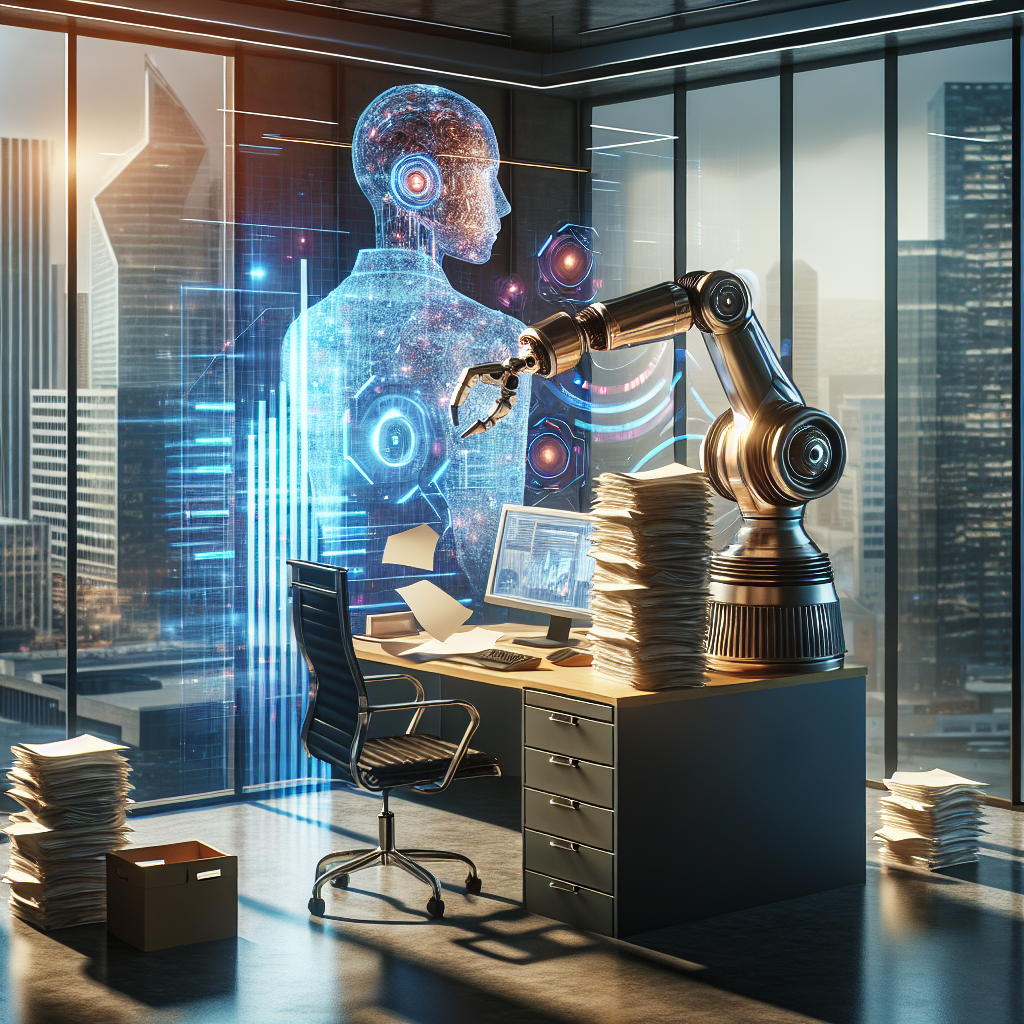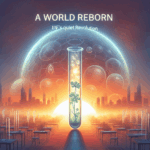Do you ever wonder what the future of work truly holds? Many of us were advised to pursue ‘stable’ professions. Law school, for instance, often topped that list. However, what if that tried-and-true wisdom is rapidly becoming obsolete?
A Stark Warning from Legal Eagles
Andrew Yang, a prominent voice on the future of employment, recently shared a truly eye-opening anecdote. He quoted a partner from a major law firm. This partner made a stark, undeniable observation: the concerning trend of **AI replacing lawyers** for tasks once handled by junior associates.
Specifically, first to third-year associates used to do this work. AI can now generate complex legal motions. What might take a human associate a whole week, AI does in an hour. Moreover, the quality of this AI-generated work is often superior. The partner’s message was blunt: “Someone should tell the folks applying to law school right now.”
Beyond the Courtroom: Broader Implications
This isn’t just about the legal profession. Therefore, this story carries significant broader implications. It vividly illustrates AI’s astonishing pace of development and the growing reality of **AI replacing lawyers** and other professionals in similar white-collar roles. It fundamentally challenges our traditional notions of valuable work. Many white-collar roles involve repetitive, analytical tasks. These are prime candidates for AI automation. As a result, entire industries could soon experience similar disruptions.
This shift forces us to re-evaluate essential skills. Creativity, critical thinking, and emotional intelligence become even more vital. These are uniquely human capabilities. Furthermore, ethical considerations emerge. How do we ensure fairness when AI makes critical decisions? This technological transformation is truly profound.
Rethinking Our Path Forward
Culturally, we’ve long revered certain professional pathways. Growing up, the advice often centered on securing a ‘good’ degree. My own parents, for example, always stressed the importance of a stable, respected career. Law, medicine, or engineering felt like guaranteed tickets to success. However, today’s landscape demands extreme adaptability. It forces us to redefine what ‘valuable work’ even means.
We once highly prized diligent research and memorization. Now, machines excel at these tasks. Therefore, our collective focus must shift. We must cultivate uniquely human strengths. We also need to learn how to collaborate *with* AI. This means innovating, not just automating.
Your Thoughts?
This story isn’t a declaration of doom. Instead, it’s a powerful wake-up call. It urges us all to prepare for inevitable change. What do you think this means for higher education? How can we best equip ourselves and the next generation? Moreover, how do we adapt to this rapidly evolving world?
Share your perspectives in the comments below! For more fascinating insights and the original discussion, be sure to check out the full story here: Read the full Reddit post.



